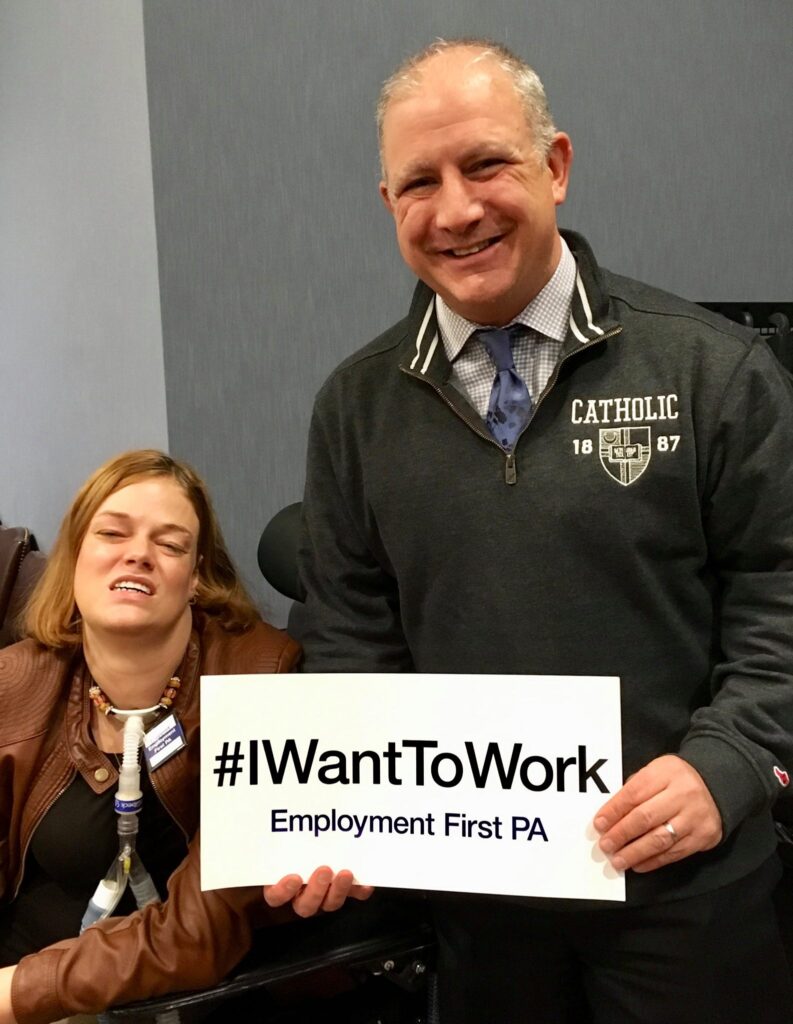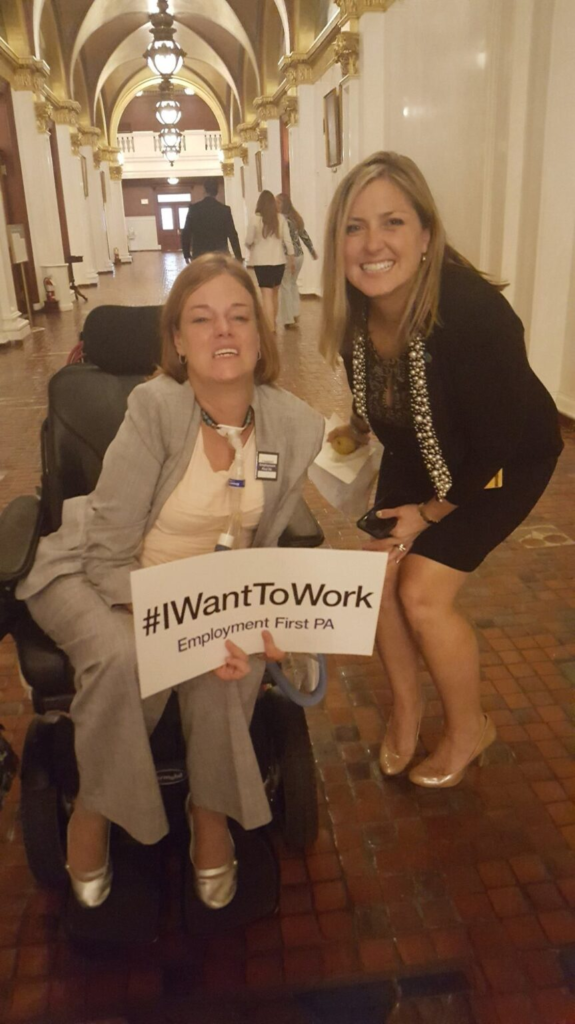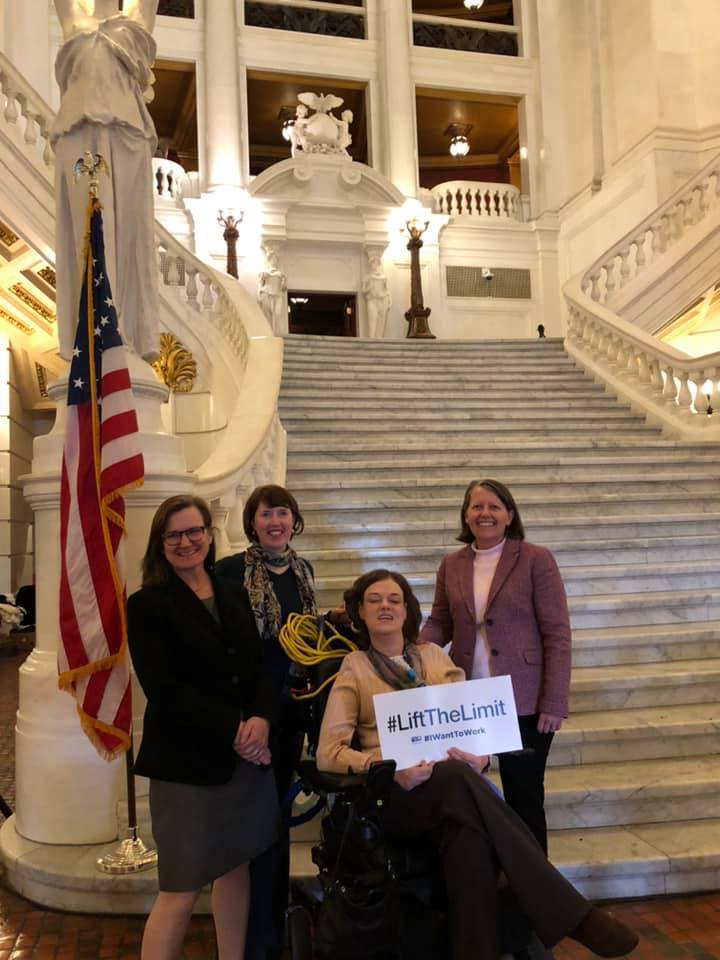JBC seeks to be take on initiatives that raise awareness about the challenges faced by people with disabilities and advocating for equal opportunities and accessibility in various aspects of life, such as education, employment, healthcare, and public spaces. JBC works with members of the disability community and their allies to dismantle barriers and stereotypes, fostering a society that embraces diversity and recognizes the unique strengths and contributions of individuals with disabilities. JBC strives to ensure that policies, laws, and social attitudes are conducive to the full participation and empowerment of people with disabilities, promoting a more inclusive and equitable world for all.
Supported Efforts
Work Experience for High School Students with Disabilities Act (Act 26 of 2016)
House Bill 400, known as the Work Experience for High School Students with Disabilities Act, which will help students with disabilities gain competitive employment.
Through the Act, the Department of Labor & Industry’s Office of Vocational Rehabilitation (OVR) is tasked with facilitating job and career development between schools and employers in an effort to help students with disabilities get jobs that pay.


Employment First PA (Act 36 of 2018)
House Bill 1641, sponsored by Rep. Bryan Cutler, creates the Employment First Act requiring state, county, and other entities receiving public funding to first consider competitive integrated employment as the preferred outcome of publicly funded education, training, employment, and related services, and long-term services and support for individuals with a disability who are eligible to work under state law.
Medical Assistance for Workers with Disabilities: Workers with Job Success (Act 69 of 2021)
Creates a new category of MAWD called “Workers with Job Success.” Increasing the income ceiling for those on already on MAWD. The act allows working individuals who have been on MAWD for previous 12 consecutive months to keep MAWD coverage when their income goes above the current MAWD income limit (250% of FPL) if income, after earned income deductions, does not exceed 600% of the FPL

